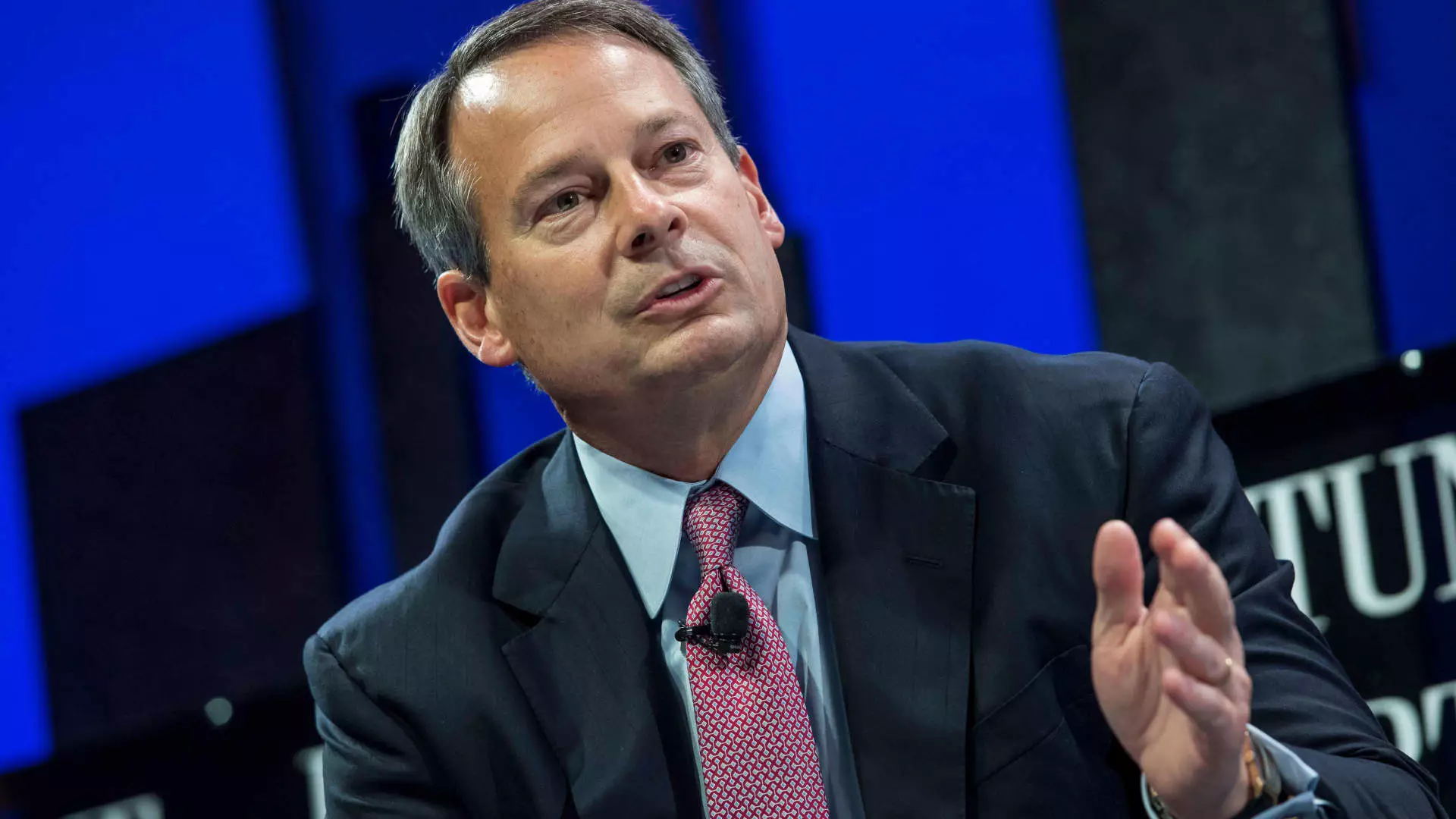In the complex world of stock markets, the actions of insiders—particularly company executives and major shareholders—often serve as subtle signals of the underlying health and outlook of a corporation. Yet, these signals can be contradictory and laden with nuance. While some interpret insider sales as a red flag hinting at compromised confidence, others see them as routine adjustments driven by personal financial planning or diversification strategies. Disentangling these motives requires a critical eye and a refusal to accept surface-level explanations. As we examine recent insider sales at prominent firms like United Airlines, NXP Semiconductors, and Charles Schwab, it becomes evident that these transactions may portend more than simple portfolio rebalancing; they are glimpses into the hesitant optimism or lurking skepticism within corporate boardrooms.
Revealing Confidence—or the Lack Thereof—Through Sales
When high-level executives unload significant chunks of stock, it can be tempting to jump to alarmist conclusions. However, the context around these sales is crucial. For instance, Dean DeSantis, an influential owner of Celsius, liquidated shares worth nearly $10 million amid a period of substantial stock rally—up over 71% year-to-date. Such a sale might suggest a valuation that insiders believe is approaching a peak, or it could simply reflect DeSantis’s need to monetize gains from a rewarding investment. The pattern of selling during a rally raises questions about whether insiders are signaling confidence in the company’s future or merely locking in profits before a correction.
Similarly, Walter Bettinger, the co-chair at Charles Schwab, sold over $17 million worth of shares as the company’s stock appreciated significantly over recent months. While this could be viewed as strategic diversification, there’s an underlying tension: why would an insider with a vested interest in the company’s success choose to sell during a surge? It signals that insiders might be exercising caution, perhaps wary of overexposure or impending challenges in the financial sector, especially given recent market volatility.
The case of William Betz at NXP Semiconductors further complicates this narrative. His sizable sale of shares at high prices—though resulting in a considerable profit—comes with a steep reduction in holdings. Although semiconductors are crucial to modern tech development, the larger picture of a stagnant or declining stock year-to-date points to internal concerns about sustained growth and global supply chain uncertainties. Such insider activity hints at a cautious stance, perhaps even skepticism about the company’s future prospects, masked by an optimistic short-term rally.
Inside the Airline Industry: Caution Behind the Curtain?
The airline industry, notoriously volatile, reveals an interesting tableau through recent insider sales at United Airlines and SkyWest. United’s chief financial officer, Michael Leskinen, offloaded over 50% of his holdings, totaling $2.1 million. This sizable sale during a period when United’s shares experienced notable gains suggests a degree of internal apprehension or a desire to hedge against potential headwinds. Despite the seemingly positive recent performance—up more than 16% in three months—the fact that insiders are cashing out could be an implicit warning: the airline sector remains critically sensitive to macroeconomic shifts, fuel prices, and geopolitical tensions.
SkyWest’s CFO, Robert Simmons, sold millions in shares amid a rally—indicating a complex calculus of recognition of market gains with an awareness of underlying vulnerabilities. These insider moves, occurring amidst broader industry turbulence, lean toward a narrative of cautious optimism rather than outright confidence. Insider sales in a context of industry volatility often confirm a desire to do what many retail investors are hesitant to do—cut exposure before soft economic data or external shocks pierce market feelings of resilience.
The Broader Implications and a Center-Left Perspective
From a center-leaning liberal viewpoint, these insider sales should prompt broader questions about corporate transparency, market stability, and the influence of short-term gains on long-term sustainability. While insiders are legally permitted to sell shares for myriad reasons, their actions often influence retail investor sentiment, fueling either optimism or skepticism. If insiders are consistently offloading substantial holdings, it could signal a recognition of systemic vulnerabilities or overvaluation—a concern that requires more than just superficial reassurance by corporate spokespeople.
Moreover, these sales might expose a troubling dimension of financial inequality: corporate executives amassing significant wealth through stock options and sales, often while companies grapple with broader societal challenges like economic inequality and climate change. When insiders exit investments at peak valuations, they might prioritize personal financial security over the long-term health of the company and its stakeholders. This behavior underscores the importance of regulatory scrutiny and the need for transparency that extends beyond mandatory disclosures, fostering a corporate culture that genuinely aligns executive incentives with sustainable growth rather than short-term profits.
It’s crucial to interpret insider sales not as isolated acts but as part of a broader market ecosystem that requires vigilance and critical engagement. Industry resilience depends not only on external economic factors but also on the integrity and transparency of those at the helm. As the economy navigates increasingly complex headwinds, the insider selling behavior offers sobering clues about where corporate confidence truly lies—and whether markets are riding a wave of optimism or bracing for an overdue correction.

